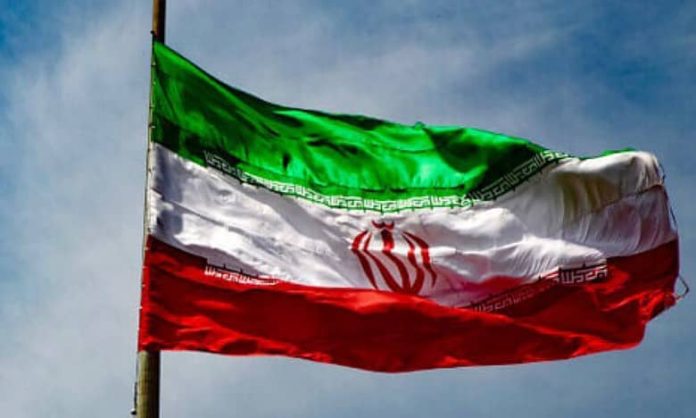Tehran : Iranian Foreign Minister Seyed Abbas Araghchi has reiterated Tehran’s willingness to resume discussions over its nuclear program, while emphasizing the need for assurances that such talks will not be exploited for military aggression, as per a report by the Al Jazeera.
Speaking at a meeting with foreign ambassadors and representatives on Saturday, Araghchi stated, “Iran has always been — and will continue to be — open to negotiations regarding its nuclear program. However, it must be guaranteed that any renewed talks will not become a pretext for war by the United States or other parties.”
Referring to the recent bout of military conflict between Israel and Iran, Araghchi stressed that the violence underscored the urgent need to return to diplomacy. “The latest confrontation with Israel has shown that there is no other viable alternative except a diplomatic and mutually agreed solution,” he added, according to Iran’s official news agency.
Accusing the United States of sabotaging past negotiations, Araghchi claimed Washington had “betrayed diplomacy and the negotiating table” by backing Israeli strikes and directly targeting Iranian nuclear sites.
He emphasized that if the U.S. seeks to return to the negotiating table, it must ensure that such violations do not happen again. He also reiterated that Iran’s nuclear rights, including the domestic enrichment of uranium, must be respected. Araghchi clarified that while Iran is open to talks on its nuclear program, its military capabilities are non-negotiable.
Addressing the role of international watchdogs, Araghchi said Iran’s cooperation with the International Atomic Energy Agency (IAEA) has not ceased, but has taken a new form. Future interactions with the agency will be managed through Iran’s Supreme National Security Council, which will consider national safety and security before making decisions.
This shift follows a new law enacted on July 1, which suspended Iran’s cooperation with the IAEA through the Atomic Energy Organization, delegating the authority to the National Security Council instead.
The latest developments come in the aftermath of a deadly exchange between Israel and Iran. On June 13, Israel launched a series of airstrikes targeting nuclear and military installations across Iran, resulting in the deaths of senior commanders, nuclear scientists, and civilians. In response, Iran retaliated with waves of missile and drone attacks on Israeli territory. The 12-day confrontation concluded with a ceasefire on June 24.




